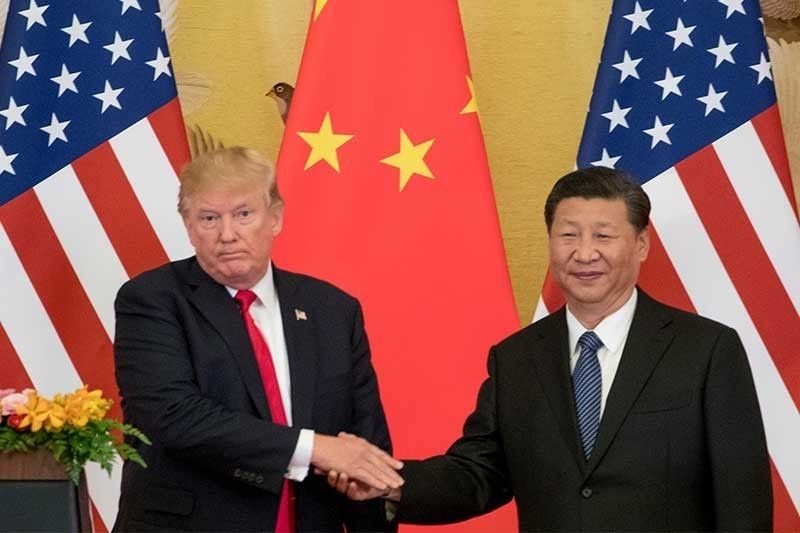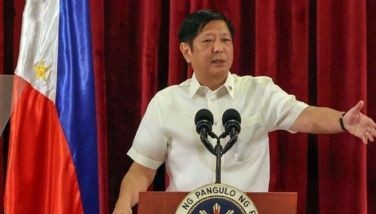US, China not budging on SCS dispute

WASHINGTON – The US and China stood firm on their positions in the South China Sea (SCS) row, but stressed the need to tamp down tension and said cooperation was the only option to peace.
Senior diplomatic and military leaders from both countries met here on Friday to set the stage for a summit in Argentina between US President Donald Trump and China’s President Xi Jinping later this month.
As has been the usual gambit in their discussions, China demanded the US cease sending ships and planes close to disputed islands it claims in the SCS.
The US in turn asserted it would continue to “fly, sail and operate wherever international law allows.”
China claims virtually all of the SCS but several countries – including key US allies like the Philippines, Taiwan and Vietnam – have competing claims to parts of the area.
The US-China diplomatic and security dialogue was attended by Secretary of State Mike Pompeo and Defense Secretary James Mattis and Yang Jiechi, head of the foreign affairs committee of the Communist Party’s Politburo and Defense Minister Wei Fenghe.
“Cooperation is the only option for us,” Wei said at a news conference after the meeting.
Wei added that “confrontation and conflict between the two militaries will spell disaster for us all.”
“The (US) is not pursuing a policy of Cold War containment with China,” Pompeo said. “Rather we want to ensure that China acts responsibly and fairly in support of security and prosperity of each of our two countries.”
Mattis added that “competition does not mean hostility nor must it lead to conflict.”
Yang maintained, “To use the freedom of navigation and overflight as an excuse to pursue military actions is unjustifiable.”
The talks were due to be held in Beijing last month but were postponed after Washington announced new arms sales to Taiwan, and after a Chinese destroyer came close to the USS Decatur in late September in what the US Navy called an “unsafe and unprofessional maneuver.”
Although the rescheduling of the dialogue signaled an effort by the two sides to contain the slide in the relationship, it did not address the core dispute on trade.
Trump has slapped tariffs on $250 billion in Chinese products, in a push to narrow the US trade deficit and push back against what the US views as predatory Chinese tactics on the high technology industry.
Beijing has retaliated with tariffs on $110 million worth of US goods.
Yun Sun, a China expert at the Stimson Center think tank, said Beijing is uncertain about what exactly Trump wants out of a trade deal, but hopes that with US midterm elections out of the way, the American president may be more inclined to reach a compromise.
“Their top priority is to stabilize relations,” Yun said.
On human rights, Pompeo voiced concern over China’s treatment of religious minorities, including the mass detention of minority Uighur Muslims. But overall, the tone of the US officials’ public comments was milder than that of the Chinese.
Yang insisted that Chinese people have freedom of religion and that “foreign countries have no right to interfere.” – With AP
- Latest
- Trending
































